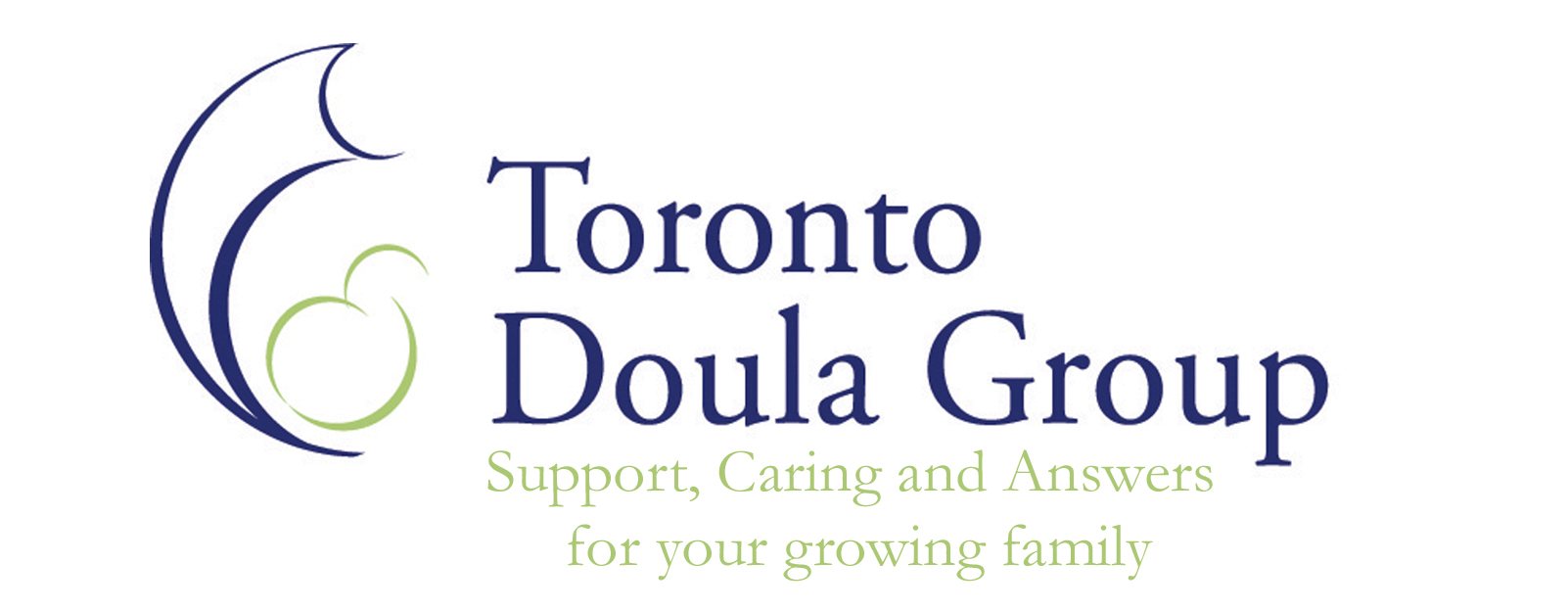3 Reasons Why Your Baby Is Crying & How To Sooth Them According To A Doula
- Kimberley Fernandez
- Sep 5, 2021
- 3 min read
Updated: May 29, 2024

My name is Kimberley Fernandez and I've been teaching prenatal classes and supporting birthing families since 2006. I was teaching an infant care class recently and after we had chatted about ways to sooth a fussy or crying baby one of the participants voiced their concern about their baby crying. When I asked what the biggest concern was, they said that they were worried the crying was because baby was in pain. And this is a very valid concern. But the good news is, pain is only one of the many reasons why a baby may cry or be fussy, and its usually far down the list.
One of the most common reasons why a baby would cry, especially in the early weeks of life, is likely hunger. Baby will have three growth spurts and cluster feeds in the first three weeks of life, two to them happening in the first week. So my first recommendations to sooth a fussy or crying baby is to feed them. If you are chest or breastfeeding your baby, offer it to them and this will usually settle them down. Not only will it satisfy their hunger and increase your supply but it will also release oxytocin which is the love hormone and acts like a pheromone and makes everyone around calm and happy. Oxytocin is amazing.
But what if you aren't chest or breastfeeding? Then you can offer baby a bottle and do skin to skin with baby to get the desired effect.
Another common reason why baby may cry or be fussy is because they need their diaper changed. Many commercial band diapers such as Pampers or Huggies are super absorbent and may not bother baby much if the diaper is just wet. But if the diaper is quite wet or there is poop in the mix this can make babies unhappy.

You don't necessarily need to do a full diaper change either if you suspect this is the reason for the crying or fussiness. Most commercial brands have a wetness indicator to tell you if the diaper is wet and a quick sniff of baby's bum will offer you a good indication of a poopy diaper.
And finally, baby may be crying or fussy, especially in the first few days or weeks because they are scared. Try to look at things from a baby's perspective. They were in a warm and cozy environment, being fed constantly and just living their life. Then one day, there is a series of massive earthquakes and then a giant tsunami and they are suddenly on another planet that is bright, loud, cold and everyone wants to touch them, and they are no longer being fed constantly so they are experiencing hunger for the first time. Then 24 hours later, you move them again to another planet, and while this one isn't as loud and bright, it is still mind blowing for them.

Everything to a baby is new and scary. So what do we do? Pick them up. Give them a cuddle. For baby's and children, you are their biggest source of protection and safety and you can install this by picking them up and keeping them close to your chest. Also speak to them. Using your voice, which is very familiar to them because they have hear it before they are even born. Also, using calm, reassuring tones, can add to the feeling of safety. And if that doesn't work, remember the skin to skin we talked about earlier? give that a try and release that oxytocin to install a sense of calm and love.
These are just three of the reasons a baby may be fussy or crying and a couple of ways to sooth your baby. I have many more available in my online Infant Care Class, as well as sections on bathing baby, sleep and so much more. This class is great for first time parents who might be nervous about life with their new human and to gain knowledge and confidence. Plus you will have access to this class for 6 months so you can watch at your own pace, according to your schedule. And re-watch sections multiple times if necessary.






































Comments